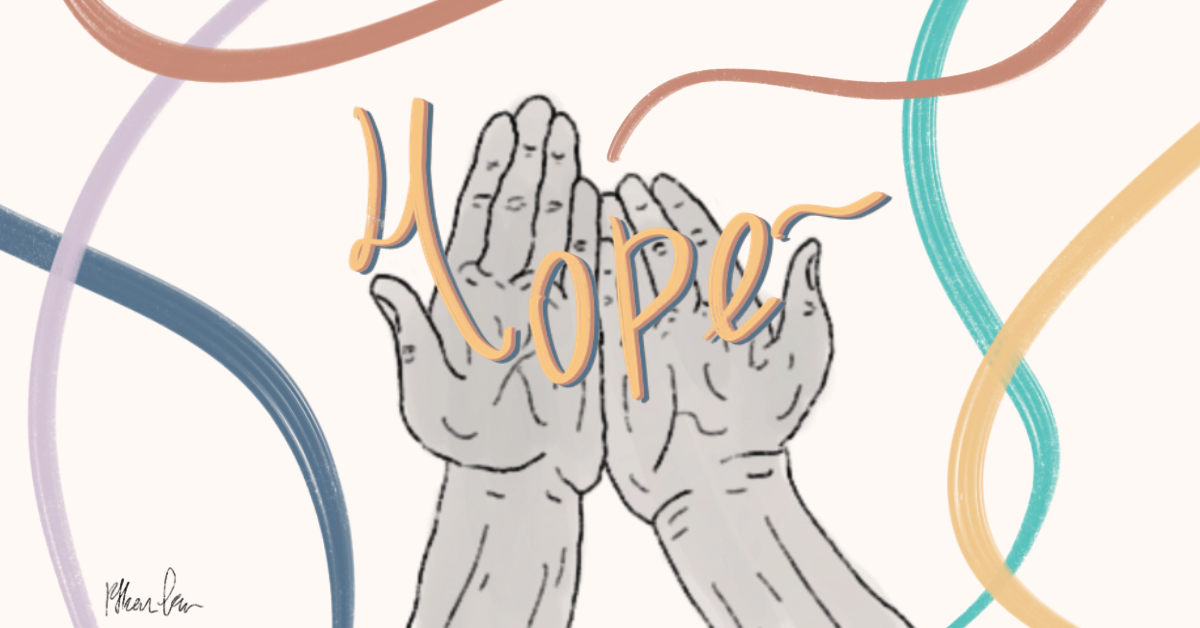By AM //
Editor’s note: This article contains references to self-harm and suicidal ideation.
In my first year at university, depression symptoms re-entered my life with fivefold intensity than before. It was as though an unwanted guest had returned — a guest I thought I had already banished for good. Once again, I found myself back on antidepressants and in therapy. I couldn’t help but look at my pills with despair and disappointment, seeing them as markers of my failure to elude this persistent intruder.
There were days when I cried ceaselessly for up to 12 hours, and moments of desperation that led me to relapse into self-harm, breaking my hard-earned streak of sobriety. Some nights were spent squalling to my partner over the phone or bawling while my entire body shook violently, as if trying to detach itself from the tethers of this world. Worst of all, there were countless nights of staring into the dark as I listed different methods of taking my own life. One night, I ended up in the hospital emergency room due to a severe mental health crisis.
As the days marched relentlessly forward, I felt the growing weight of my fears of the future pressing down on me. I became petrified of the world, of myself, of the yesterdays, the todays, and the tomorrows.
Yet, within the frailty of my own will to live, I could still discern the quiet yet resolute presence of hope. Hope whispered that my dreams and future were still worth fighting for, and that there might come a time when I would walk free and unburdened once more.
On days where I struggled to summon hope for myself, it showed up for me in the form of my loved ones who came bearing solace and strength.
As I reflect on how I managed to survive these past few months, I realise that it was hope that fortified me. When I felt like I was waging a losing battle, hope stood by me as I fought for the existence of my tomorrows.
Even as I find myself doing much better now, especially with regular therapy sessions and psychiatric treatment, here is what hope still is to me:
Hope is being proud of myself for getting up to brush my teeth, even if it is the only task I can do today.
Hope is showing up for tutorials and lectures even if the day had begun in tears.
Hope is allowing myself to take a break from school when I really need to, because my mental health comes before that 2pm tutorial on my timetable.
Hope is also re-reading my favourite books, or picking up my pen to write.
Hope is going to the theatres to watch films and plays.
Hope is listening to my favourite music to quiet the cacophony of my own thoughts in the night.
Hope is receiving my partner’s support, and opening up to my friends about my struggles.
Hope is giving psychiatric treatment a second chance.
Hope is finding a prescription that helps with my depression (finally).
Hope is walking into the counsellor’s office again.
Hope is avoiding the penknife and learning healthier ways to cope.
Hope is remembering the times I have picked myself up, and believing that I can get up again and again.
Hope is recognising that, through triumphs and travails, I am still me at my core.
Hope is being proud that I have come this far in my recovery.
Hope is taking back control of my life.
AM has been recovering from clinical depression since she was 17 (now 23). Through sharing about the ups and downs of her journey, she hopes to shine light on the intricacies of recovery. AM is currently a second-year Social Work undergraduate and an aspiring writer, researcher, and advocate.
Read more of our Tapestry Stories here.
Illustration by Ethan.

